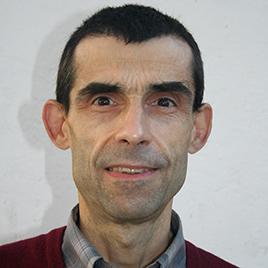Objectives and competences
KNOWLEDGE: Get familiar with terminology, principles, relations and methodologies of Thermodynamics.
UNDERSTANDING: By its nature, the subjects involve mainly comprehension.
APPLICATION: Applications to everyday life and to engineering situations are often presented.
ANALYSIS: The exercises require an analysis effort, elaboration of hypotheses and simplifying assumptions, and investigation of the principles and relations applicable.
SYNTHESIS: The contents form a sequential and integrated knowledge.
EVALUATION: The exercises require critical evaluation of situations and, after applying models and executing calculations, a critical evaluation of the results.
Teaching Methodologies
The unit has both lectures and tutorial sections. The lectures aim the initial and formal presentation of the subjects, but simultaneously the discussion and resolution of model problems. In the tutorials, the students discuss and solve a large set of problems, under the supervision of the instructor, that aim to consolidate and apply the knowledge transmitted in the lectures.
In the classes, there is a frequent utilization of illustrative videos, available from didactic CD-ROMs or DVDs, or from the Web. Situations from everyday experience are brought out for discussion as well. Furthermore, the students are motivated to look for supplementary sources of information by themselves. In all classes, the students are supposed to take an active role.
Syllabus
Basic concepts of Thermodynamics.
Heat and work transfers. First Law in closed systems.
Boundary work and its evaluation in particular situations.
Properties of pure substances. Phase diagrams. Applications.
Behaviour of real gases. State equations applicable.
Second Law: alternative formulations. The Kelvin temperature scale.
Entropy and introduction to exergy.
First Law for open systems. Energy and entropy balances in stationary state.
Relations among thermodynamic properties.
Thermodynamic potentials. Phase and chemical equilibria.





